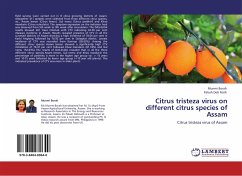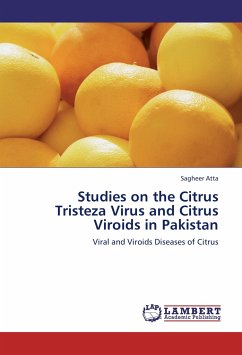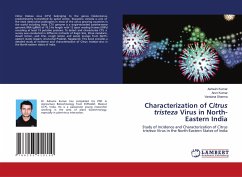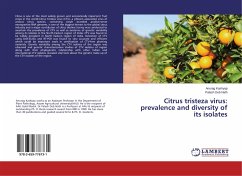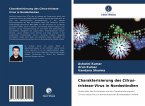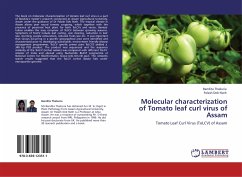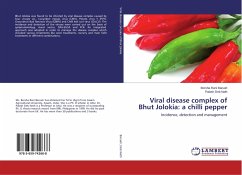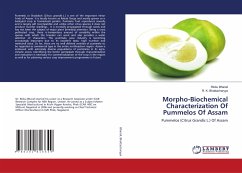Field surveys were carried out in 8 citrus growing districts of Assam. Altogether 411 samples were collected from three different citrus species, viz., Assam lemon (Citrus limon), Gul nemu (Citrus jambhiri) and Khasi mandarin (Citrus reticulata). The symptom expression on the indicator host was observed from 5th week to 9th week after inoculation. The DAS-ELISA results showed 261 trees infected with CTV indicating 63.50 per cent diseases incidence in Assam. Results revealed presence of CTV in all the surveyed districts of Assam showing a high incidence of 78.04 per cent in Karbi Anglong followed by 76.92 per cent in Golaghat district. Lowest incidence of CTV was recorded from Kamrup (38.63%). Among the different citrus species Assam lemon showed a significantly high CTV infestation of 76.47 per cent followed Khasi mandarin (61.18%) and Gul nemu (52.03%). The results of DAS-ELISA revealed that in all the three different citrus species Assam lemon, Gul nemu and Khasi mandarin the percentage of positivity is more in the higher age group viz. 10 year old plants). This indicated prevalence of CTV was more in older plants.

